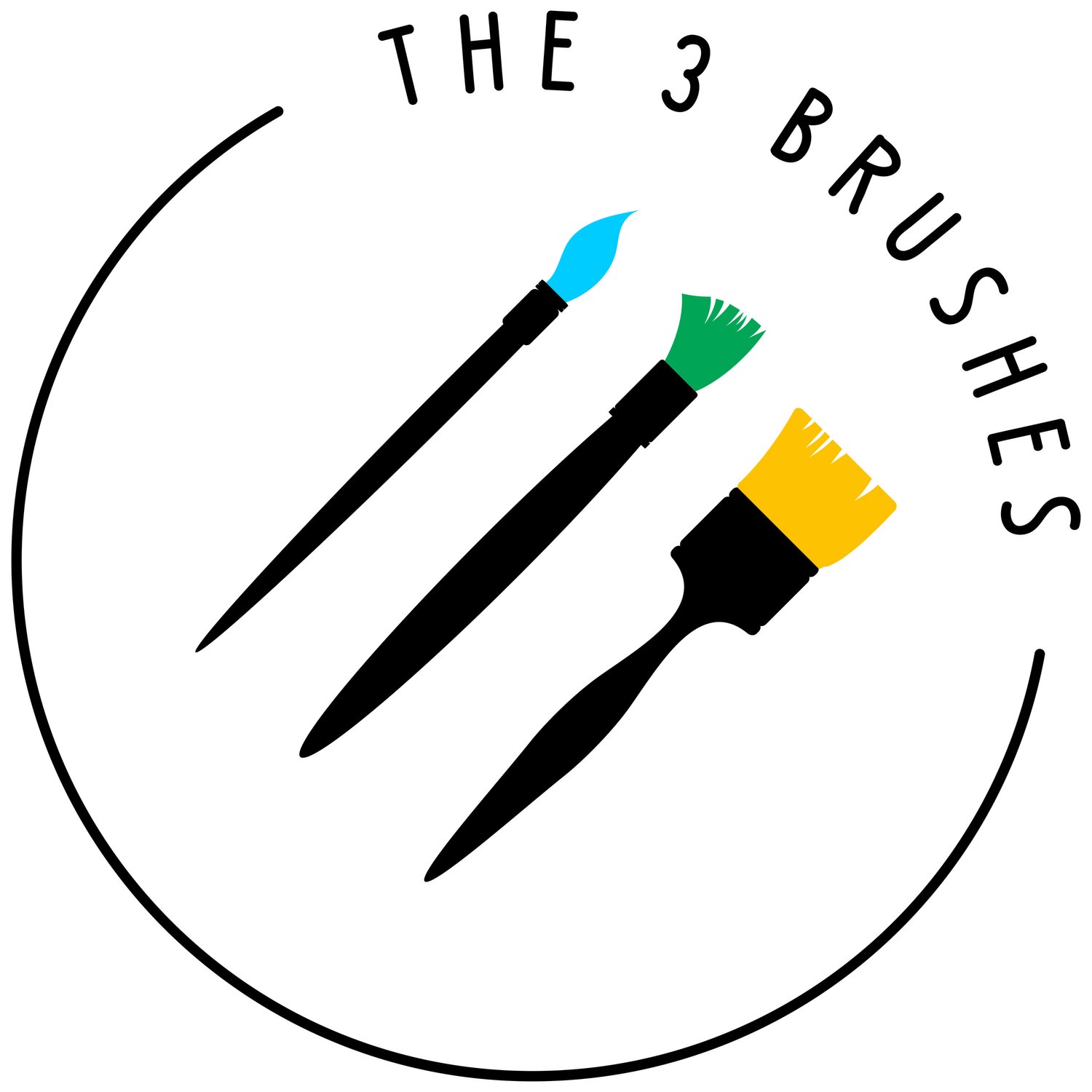-
Owner and art therapist of The 3 Brushes, LLC
Masters of Arts | Art Therapy | George Washington University, 2017
Registered Board Certified Art Therapist, ATR-BC
Licensed Practicing Art Therapist, Maryland, LCPAT
Art therapy provided a way for me to express and make sense out of my experiences for my own healing journey. I’ve lived with chronic disease most of my life and even though it’s manageable; it’s still tough. I believe meaning and understanding can come from painful experiences. This does not mean that the pain did not have an impact but that pain can become a powerful ally in healing.
I provide trauma informed art therapy and believe treatment encompasses the whole person in the context of our unique experiences.
My work experiences are varied and diverse from working in outpatient, hospice care, IIH/MHSS services, residential/group and elder care facilities and non-profit settings.
I enjoy hiking, kayaking, and the outdoors, creating art in my studio, and spending time with family and friends.
FAQs
-
Art Therapy is an integrative mental health and human services profession that enriches the lives of individuals, families, and communities through active art-making, creative process, applied psychological theory, and human experience within a psychotherapeutic relationship.
Art Therapy, facilitated by a professional art therapist, effectively supports personal and relational treatment goals as well as community concerns. Art Therapy is used to improve cognitive and sensory-motor functions, foster self-esteem and self-awareness, cultivate emotional resilience, promote insight, enhance social skills, reduce and resolve conflicts and distress, and advance societal and ecological change.
Art therapists are master-level clinicians who work with people of all ages across a broad spectrum of practice. Guided by ethical standards and scope of practice, their education and supervised training prepares them for culturally proficient work with diverse populations in a variety of settings. Honoring individuals’ values and beliefs, art therapists work with people who are challenged with medical and mental health problems, as well as individuals seeking emotional, creative, and spiritual growth. Through integrative methods, art therapy engages the mind, body, and spirit in ways that are distinct from verbal articulation alone. Kinesthetic, sensory, perceptual, and symbolic opportunities invite alternative modes of receptive and expressive communication, which can circumvent the limitations of language.
Visual and symbolic expression gives voice to experience, and empowers individual, communal, and societal transformation.
-
The current self pay rate is $180 / 45-60 minutes
-
This practice is not in-network with any insurance carrier and is considered self- / private pay. Financial flexibility is available.
I am currently working part-time with a group practice called Ellie Mental Health in Rockville, MD. Please feel free to contact (301) 945-8205 for more information and scheduling.
-
This depends on your needs and what you seek out of art therapy treatment towards your emotional and mental well-being. I work primarily with individuals 1-1 working through major life changes and transitions such as family conflict and workplace stress, divorce and separation, adoption, spirituality and religious trauma, anxiety and depression, complex trauma and medical trauma, etc.
-
Art therapy is similar to talk therapy in that all kinds of thoughts, feelings and experiences are processed and that art is a part of the process. Art therapy is one way to approach how we feel, process our experiences, problem solve and see insights as well as notice new perspectives and realizations towards growth and change. I view art therapy as a collaborative effort within the therapeutic relationship. I often see this depends on a blend of willingness and openness to the process.
-
Trauma is considered a response to a deeply distressing or disturbing event that overwhelms an individual's ability to cope, feel emotions, and process those experiences. Trauma can be a single event or compounding events over time. Trauma is not limited to events like surviving a hurricane, car crash, or war. Experiences like bullying, adoption, and chronic stress can also be considered trauma.
Art therapy can explore, identify and address a number of emotional mental wellness needs through a visual process within the therapeutic relationship. Some ways art therapy may treat these wellness needs are helping the brain create new neural pathways or regulate the nervous system or aide in expressing difficult experiences and emotions like grief and loss.


